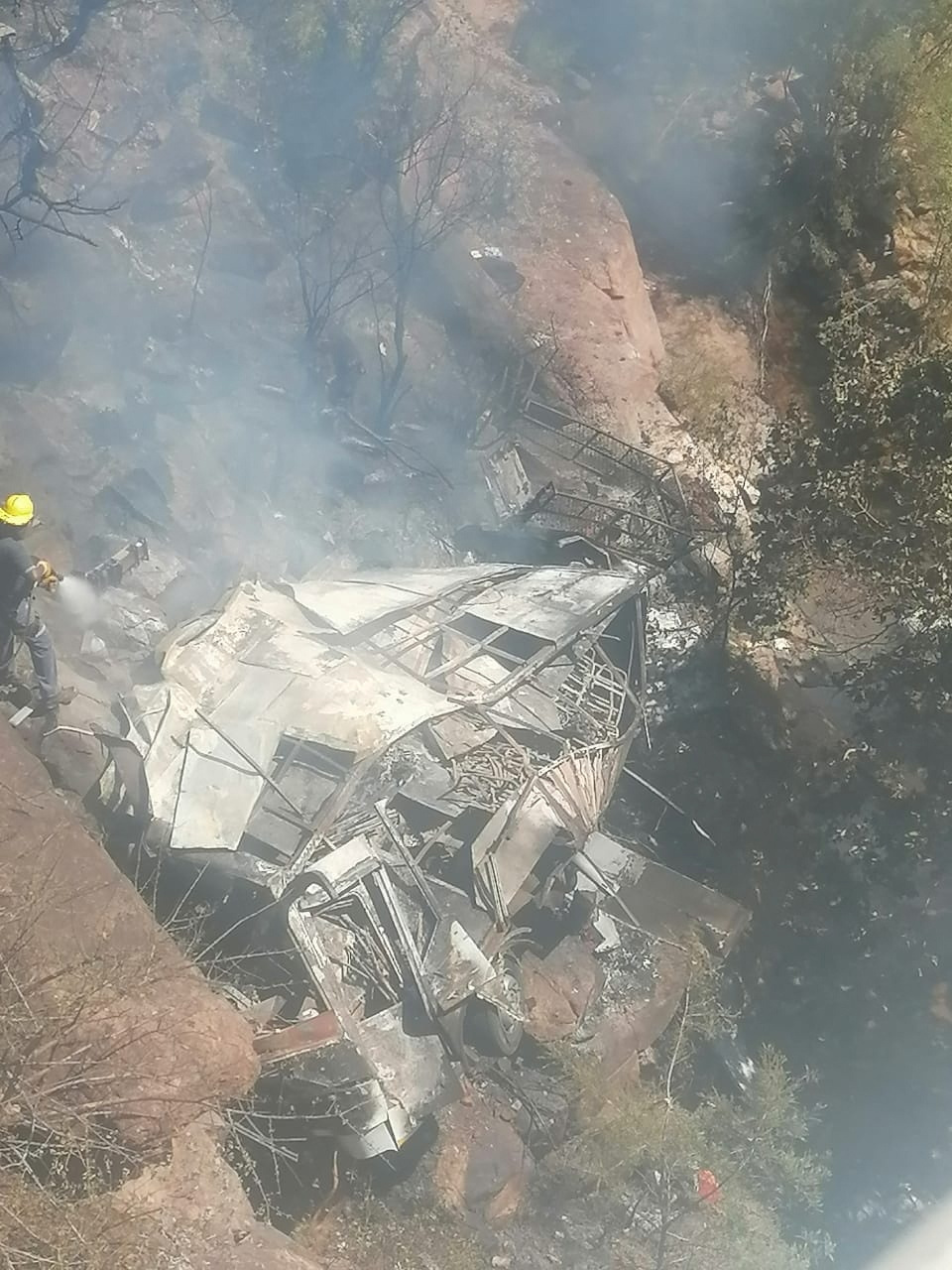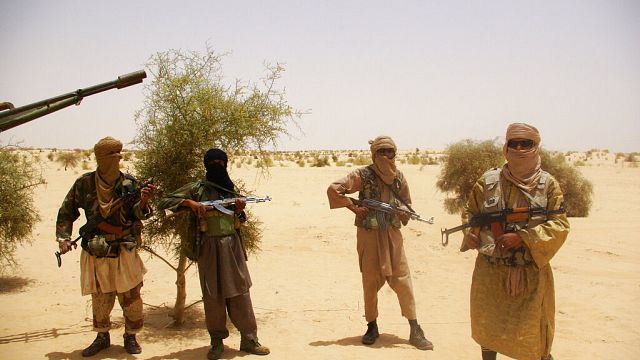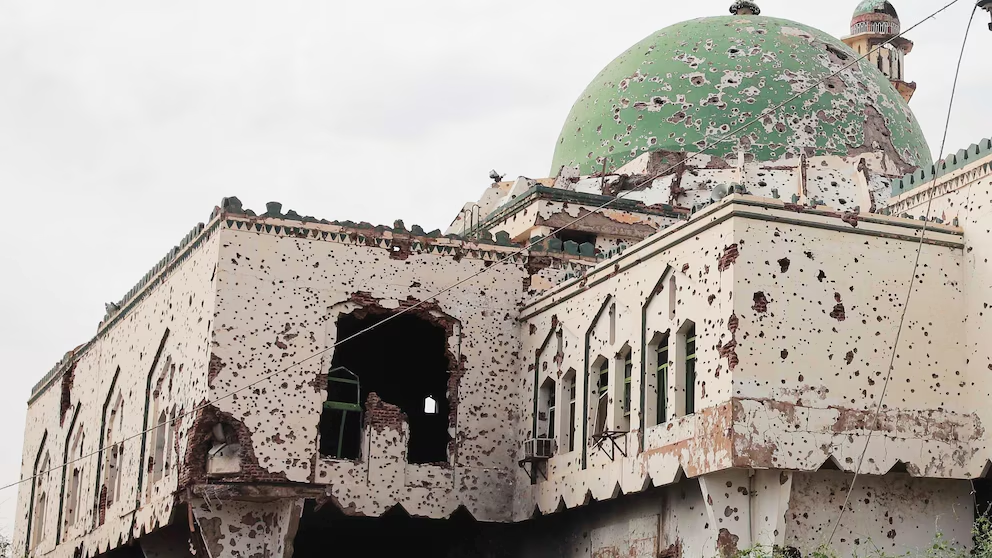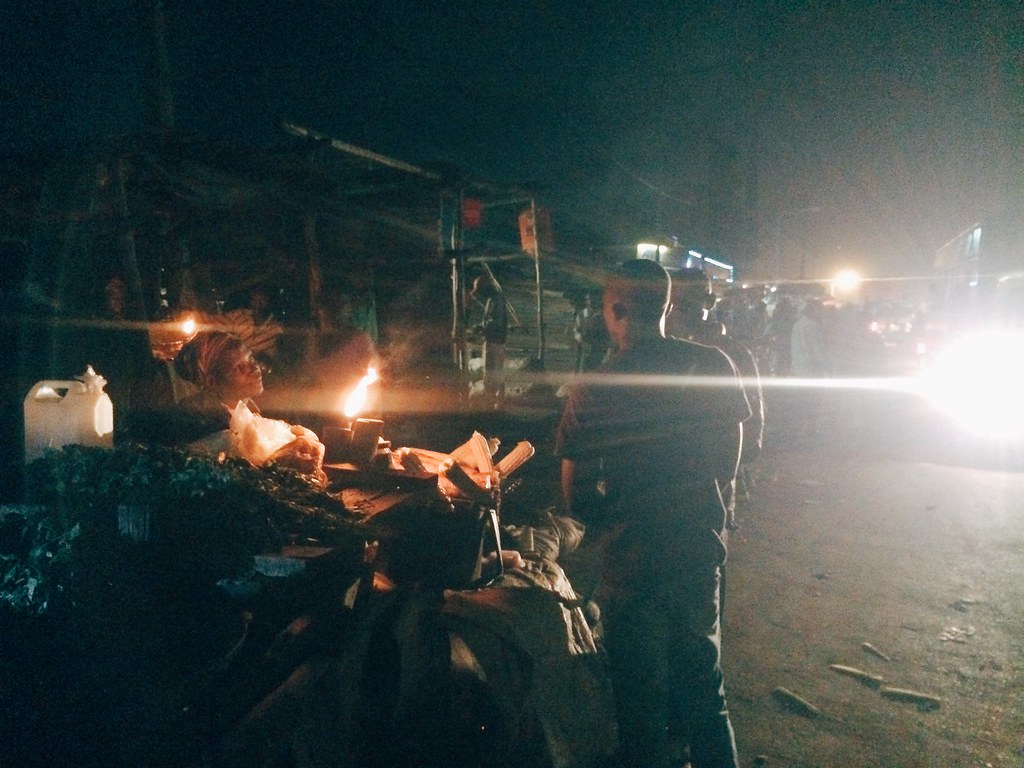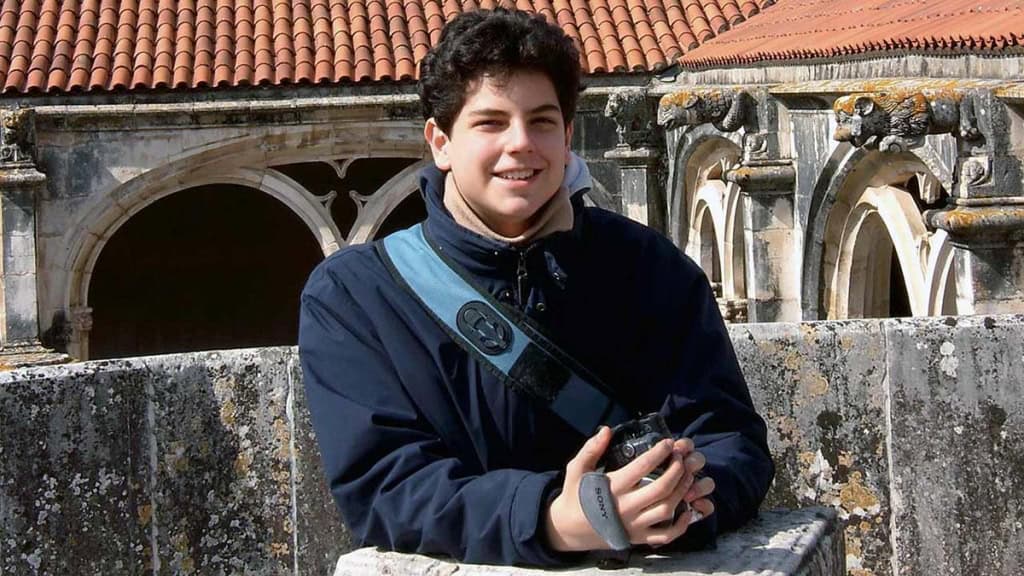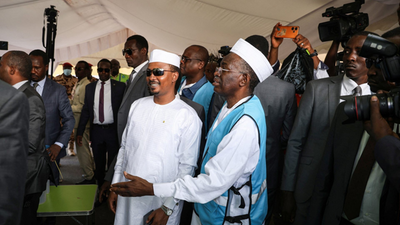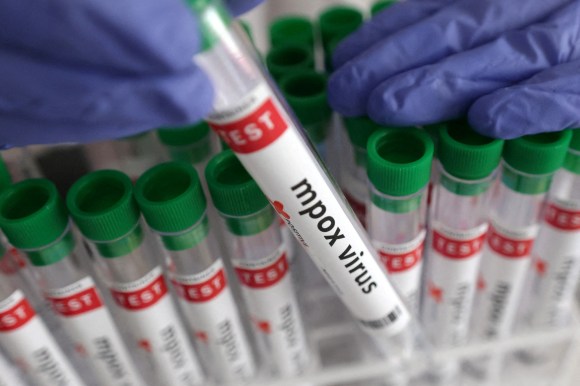After years of devastating conflict, many displaced residents of Khartoum are beginning to return home. But the Sudanese capital they once knew has been left in ruins, with destroyed infrastructure, shattered services, and entire neighborhoods reduced to rubble. Experts warn that it will take years—and billions of dollars—to rebuild.
A City Struggling to Recover
The war in Sudan has forced millions to flee their homes, with Khartoum at the heart of the fighting. Now, as relative calm settles in parts of the capital, families are making their way back. What they find, however, is a city with no running water in some areas, unreliable electricity, collapsed health facilities, and schools that no longer function.
Residents describe returning to houses riddled with bullet holes or completely destroyed. For many, starting over means living in damaged buildings or makeshift shelters while trying to salvage what is left.
The Scale of Destructio
According to aid agencies, Khartoum’s infrastructure has been decimated. Roads, bridges, hospitals, and government offices have all suffered heavy damage. Basic services such as sanitation, waste collection, and transport remain severely disrupted.
Economists estimate that rebuilding the capital will require billions of dollars in international assistance, along with long-term political stability—something Sudan has struggled to achieve for decades.
Hope and Uncertainty
Despite the destruction, many returnees say they are relieved to be home. Community groups are coming together to clear debris, repair water pipes, and restart local businesses. But without large-scale investment, progress is painfully slow.
“We are happy to be back, but this is not the Khartoum we left. Rebuilding will take more than just hope—it will take resources and stability,” said one returning resident.
Looking Ahead
Humanitarian organizations are urging the international community to support Sudan’s recovery, warning that without immediate investment, the fragile return of residents could collapse into renewed instability.
For now, Khartoum stands as a city of resilience and loss—where families are trying to rebuild their lives amid ruins, clinging to hope that the worst of the war is behind them.


